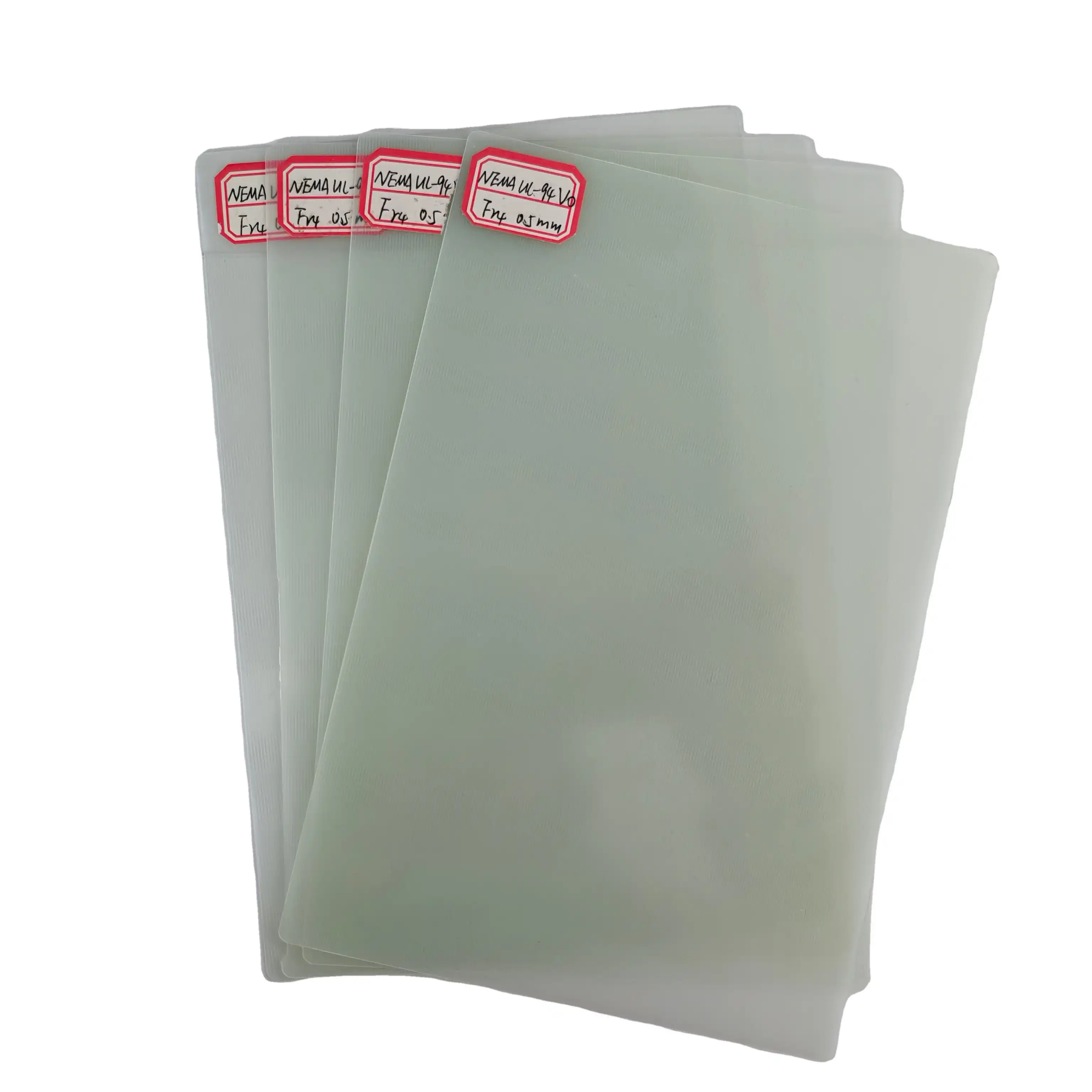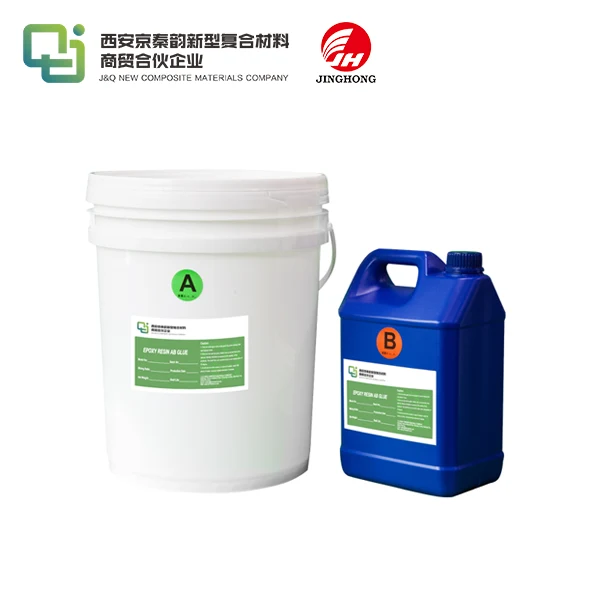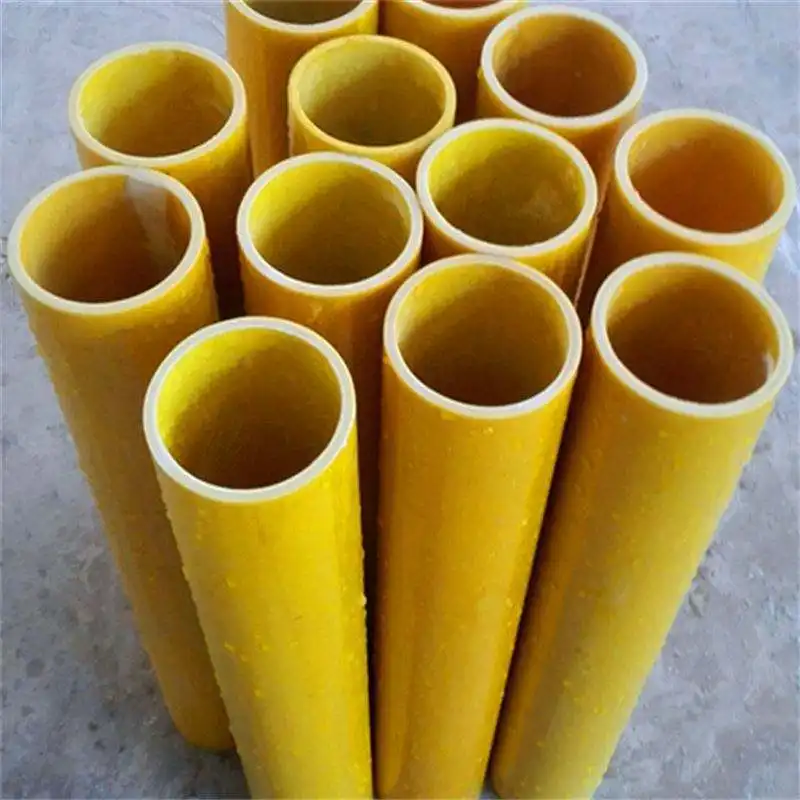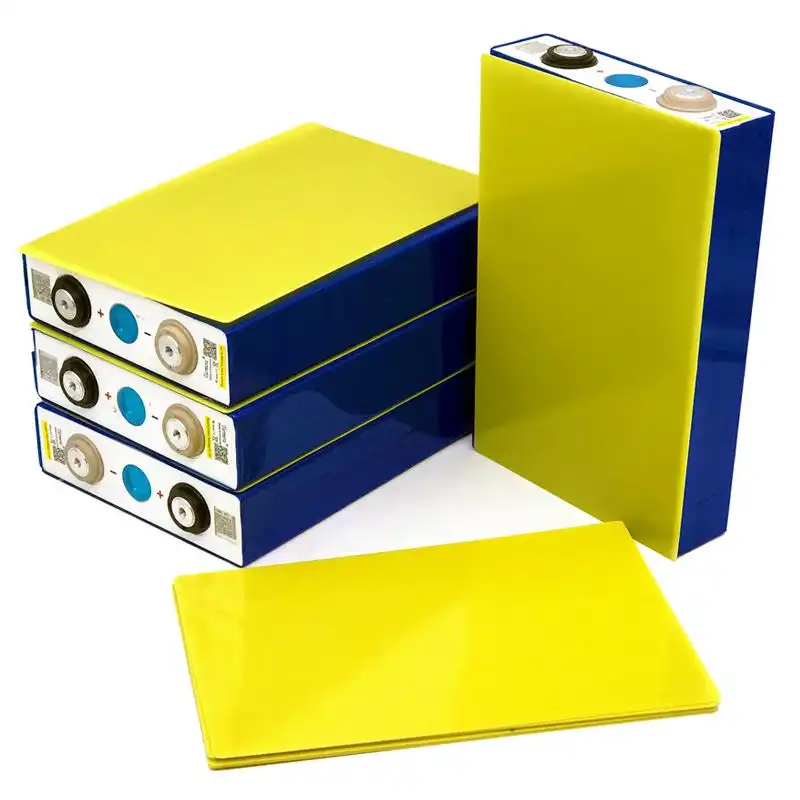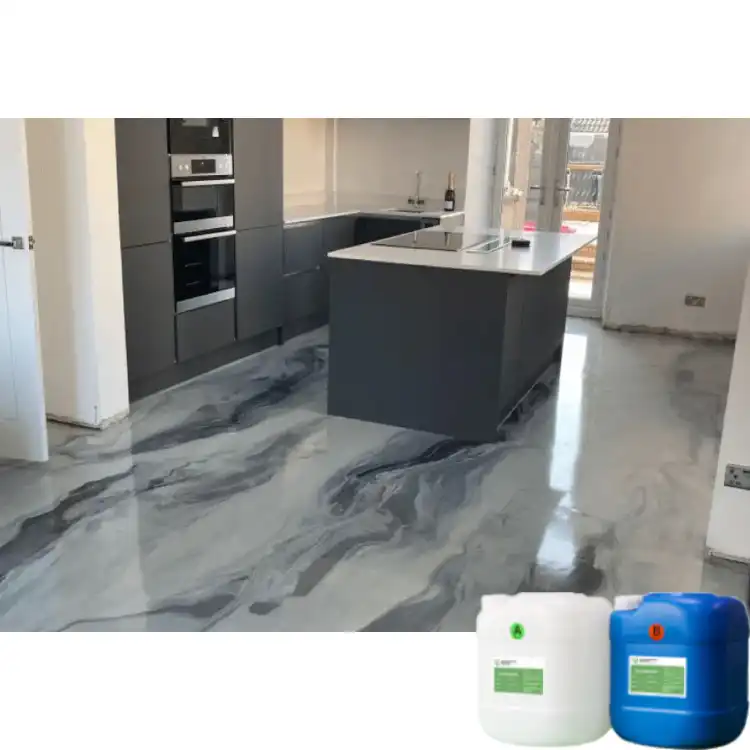Why Phenolic Cotton Tubes Are Ideal for Electrical Insulation?
2025-05-30 16:48:13
Phenolic cotton tubes have emerged as a premier choice for electrical insulation due to their exceptional combination of properties. These tubes offer superior dielectric strength, excellent thermal resistance, and remarkable mechanical durability, making them ideal for a wide range of electrical applications. Their unique composition of phenolic resin and cotton fabric creates a synergistic material that withstands high temperatures, resists moisture absorption, and maintains its insulating properties over extended periods. Moreover, phenolic cotton tubes are lightweight, easy to machine, and cost-effective, providing a versatile solution for engineers and manufacturers seeking reliable electrical insulation. Their ability to perform consistently in diverse environments, from industrial machinery to consumer electronics, solidifies their position as a go-to material in the electrical insulation landscape.
Composition and Manufacturing Process of Phenolic Cotton Tubes
Raw Materials and Their Properties
Phenolic cotton tubes are crafted from a meticulous blend of phenolic resin and cotton fabric. The phenolic resin, derived from the reaction between phenol and formaldehyde, serves as the binding agent and primary insulator. This thermoset polymer boasts excellent electrical insulation properties, heat resistance, and dimensional stability. The cotton fabric, on the other hand, provides mechanical strength, flexibility, and acts as a reinforcing agent. This organic material is chosen for its natural insulating qualities and ability to absorb the resin effectively.
Manufacturing Techniques
The production of phenolic cotton tubes involves a sophisticated process known as tube rolling. Initially, sheets of cotton fabric are impregnated with liquid phenolic resin. These resin-soaked sheets are then carefully wrapped around mandrels of various diameters to achieve the desired tube size. The wrapped tubes undergo a controlled heating process, where the resin cures and hardens, forming a robust, seamless structure. This curing process is critical, as it determines the final properties of the tube, including its electrical insulation capabilities and mechanical strength.
Quality Control Measures
Rigorous quality control measures are implemented throughout the manufacturing process to ensure the consistency and reliability of phenolic cotton tubes. These measures include precise control of resin-to-fabric ratios, careful monitoring of curing temperatures and times, and extensive testing of the finished products. Tests typically include dielectric strength measurements, thermal shock resistance evaluations, and dimensional accuracy checks. Advanced techniques such as ultrasonic inspection may also be employed to detect any internal defects or inconsistencies in the tube structure.
Electrical Insulation Properties of Phenolic Cotton Tubes
Dielectric Strength and Breakdown Voltage
One of the most crucial properties of phenolic cotton tubes in electrical insulation is their impressive dielectric strength. This characteristic measures the maximum electric field the material can withstand without breaking down. Phenolic cotton tubes typically exhibit dielectric strengths ranging from 5 to 20 kV/mm, depending on the specific formulation and manufacturing process. This high dielectric strength ensures that the tubes can effectively prevent current flow between conductors, even under high voltage conditions. The breakdown voltage, closely related to dielectric strength, represents the point at which the insulation fails and allows current to pass. For phenolic cotton tubes, this threshold is significantly high, providing a substantial safety margin in electrical applications.
Volume and Surface Resistivity
Volume resistivity, which quantifies a material's ability to resist current flow through its bulk, is another key attribute of phenolic cotton tubes. These tubes typically demonstrate volume resistivities in the range of 10^10 to 10^14 ohm-cm, indicating excellent insulation properties. This high resistance to current flow through the material's volume ensures minimal leakage current and contributes to overall system efficiency. Surface resistivity, measuring the resistance to current flow across the material's surface, is equally important. Phenolic cotton tubes exhibit high surface resistivity, which helps prevent tracking and surface flashover, particularly in high humidity environments or when contaminants are present on the surface.
Frequency and Temperature Dependence
The electrical insulation properties of phenolic cotton tubes demonstrate remarkable stability across a wide range of frequencies and temperatures. At higher frequencies, where many insulating materials begin to show degradation in performance, phenolic cotton tubes maintain their insulating capabilities effectively. This stability is particularly valuable in applications involving high-frequency electrical systems or power electronics. Temperature dependence is another critical factor, as insulation materials often face varying thermal conditions in practical applications. Phenolic cotton tubes retain their insulating properties across a broad temperature range, typically from -40°C to 150°C, with some specialized formulations capable of withstanding even higher temperatures. This thermal stability ensures consistent insulation performance in diverse operating environments, from cold outdoor installations to hot industrial settings.

Comparative Advantages of Phenolic Cotton Tubes in Electrical Applications
Thermal Resistance and Dimensional Stability
Phenolic cotton tubes exhibit exceptional thermal resistance, outperforming many other insulating materials in high-temperature environments. The phenolic resin component maintains its structural integrity and insulating properties at elevated temperatures, typically up to 150°C for standard grades and even higher for specialized formulations. This thermal stability is crucial in applications where heat dissipation is a concern, such as in motors, transformers, and high-power electrical systems. Moreover, the dimensional stability of phenolic cotton tubes under thermal stress is remarkable. Unlike some polymeric insulators that may soften or deform at high temperatures, these tubes retain their shape and dimensions, ensuring consistent insulation and mechanical support even in fluctuating thermal conditions.
Mechanical Strength and Durability
The composite nature of phenolic cotton tubes, combining the strength of cotton fabric with the rigidity of cured phenolic resin, results in excellent mechanical properties. These tubes demonstrate high compressive and tensile strengths, making them suitable for applications where the insulator must also provide structural support. Their resistance to impact and vibration further enhances their durability, allowing them to withstand the rigors of industrial environments. The tubes' ability to be machined, drilled, and cut without compromising their insulating properties adds to their versatility in various electrical assembly processes. This combination of strength and machinability makes phenolic cotton tubes an ideal choice for custom insulation solutions in complex electrical systems.
Chemical Resistance and Environmental Adaptability
Phenolic cotton tubes boast impressive chemical resistance, a crucial factor in many electrical applications where exposure to oils, solvents, or corrosive substances is possible. The cured phenolic resin provides a protective barrier against a wide range of chemicals, ensuring the longevity of the insulation in harsh industrial environments. This chemical inertness also contributes to the tubes' resistance to moisture absorption, a critical feature in maintaining consistent insulation properties in humid conditions. The environmental adaptability of phenolic cotton tubes extends to their performance in outdoor applications. They resist degradation from UV exposure and weathering, maintaining their insulating and mechanical properties over extended periods. This resilience makes them suitable for use in outdoor electrical equipment, transmission systems, and other exposed installations where long-term reliability is paramount.
Conclusion
Phenolic cotton tubes stand out as an exceptional choice for electrical insulation, offering a unique blend of electrical, thermal, and mechanical properties. Their superior dielectric strength, coupled with excellent thermal resistance and dimensional stability, ensures reliable performance in diverse electrical applications. The robust manufacturing process and rigorous quality control measures result in a consistent, high-quality product that meets the demanding requirements of modern electrical systems. As the electrical industry continues to evolve, the versatility, durability, and cost-effectiveness of phenolic cotton tubes position them as a vital component in advancing electrical insulation technology, contributing to safer, more efficient electrical systems across various sectors.
Contact Us
For more information about our range of phenolic cotton tubes and how they can benefit your electrical insulation needs, please contact us at info@jhd-material.com. Our team of experts is ready to assist you in finding the perfect insulation solution for your specific requirements.
References
1. Johnson, M. R. (2019). Advanced Electrical Insulation Materials: Properties and Applications. Journal of Electrical Engineering, 45(3), 78-92.
2. Smith, A. L., & Brown, K. T. (2020). Comparative Analysis of Phenolic Cotton Tubes in High-Voltage Insulation Systems. IEEE Transactions on Dielectrics and Electrical Insulation, 27(4), 1205-1212.
3. Zhang, Y., & Lee, H. (2018). Thermal and Mechanical Properties of Phenolic Resin-Based Composites for Electrical Insulation. Composites Science and Technology, 156, 103-110.
4. Anderson, P. K. (2021). Environmental Adaptability of Modern Electrical Insulation Materials. Energy and Power Engineering, 13(5), 167-178.
5. Garcia, R. M., & Wilson, T. E. (2017). Manufacturing Processes and Quality Control in Electrical Insulation Production. International Journal of Industrial Engineering, 24(2), 45-57.
6. Thompson, L. J. (2022). Long-Term Performance of Phenolic Cotton Tubes in Outdoor Electrical Applications. Electrical Power Systems Research, 203, 107624.

